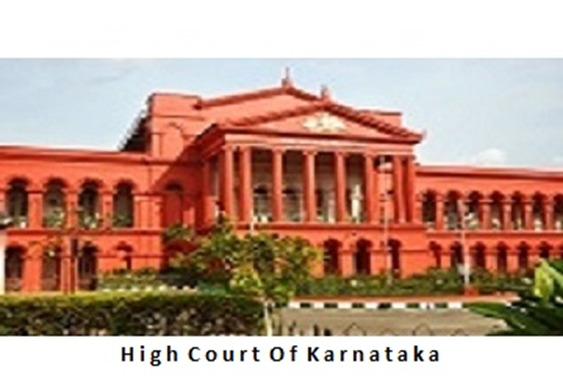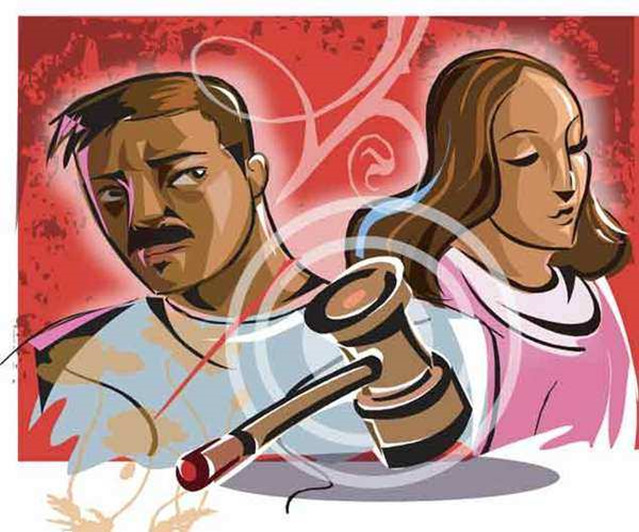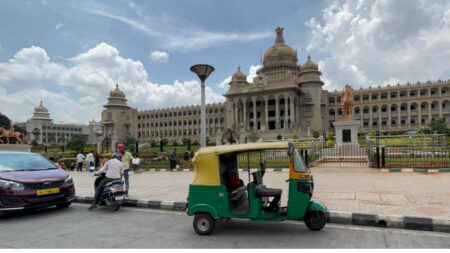A single Judge Bench of the Karnataka High Court while repudiating the proceedings against a man and his parents in a criminal case registered by his wife, stated that, the refusal of a husband to not have sex and Non-Consummation of marriage amounts to cruelty only under the Hindu Marriage Act 1955 and not under section 498A of IPC.

Image Source: NIC, Karnataka
The Husband had challenged the chargesheet filed by his wife against him and his parents under section 498 A of the Indian Penal Code and section 4 of the Dowry Prohibition Act, 1961. The petitioner stated that immediately after their marriage their relationship crashed and turned sore.
Justice M Nagaprasanna remarked that the only charge against the petitioner is that he was a believer of a particular spiritual order and he believed that love is not about having sex and getting physical, but it should be a soul-to-soul to connect.
The High Court took into consideration the fact that the husband never planned to have a physical relationship with his wife and the same would no doubt amount to cruelty due to non- consummation of marriage under section 12(1)(a) of the Hindu Marriage Act and based on this the court was of the view that this act of the husband did not fall under the ambit of cruelty as defined under section 498A of the Indian Penal Code.

Image Source: Times of India
The couple tied the knot on 18th December 2019, and the wife stayed at the connubial home for only 28 days. She approached the local police to lodge a complaint on 5th February 2020 under Section 498A and the Dowry Prohibition Act. The wife also approached the Family court under 12(1)(a) of the Hindu Marriage Act asking for the nullification of her marriage on the grounds of cruelty, specifying that the marriage was not consummated and the same was annulled on 16th November 2022, by the Family Court. However, the wife decided to move ahead with the criminal charges.
The wife asserted that the husband was a believer of the sisters of Brahmakumari Samaja and so whenever she approached him, he refused her offer of consummating the marriage. Therefore, her argument was that being a follower of Brahmakumari Samaja, the petitioner could have chosen to stay unmarried.
On the above allegations, the Court stated that cruelty would mean any purposeful conduct which is of the nature as is likely to force a woman to commit suicide or beget grave injury or peril to the life of the woman. The other part is harassment, where such harassment is to press her or any person related to her to meet any unlawful demand. The section itself punishes the husband or the relative who subjects a woman to such cruelty. A perusal of the above complaint would indicate no component of any cruelty.

Image Source: ETV Bharat
The High Court mentioned that moving ahead with the criminal proceedings could not be permitted as it would be an abuse of the process of law and affect the confinement of justice and would also lead to harassment.
The parents of the husband also sought indemnification on the fact that the couple lived separately and they had nothing to do with the case. Taking into consideration the request of the in laws the court stressed that as far as the case is concerned there are no shreds of evidence of any act of cruelty done by them i.e., father-in-law and the mother-in-law and it is an admitted fact the parents were never a part of the couple’s marital home. The court was of the view that in the light of similar data, if proceedings are allowed against the parents it would become an abuse of the process of law.













